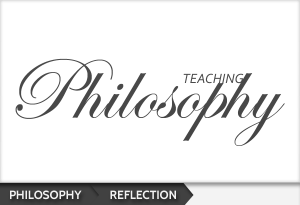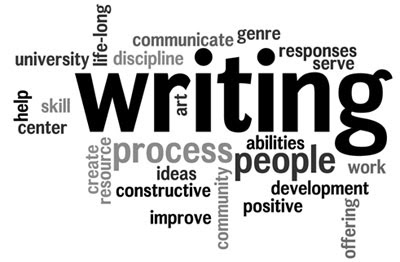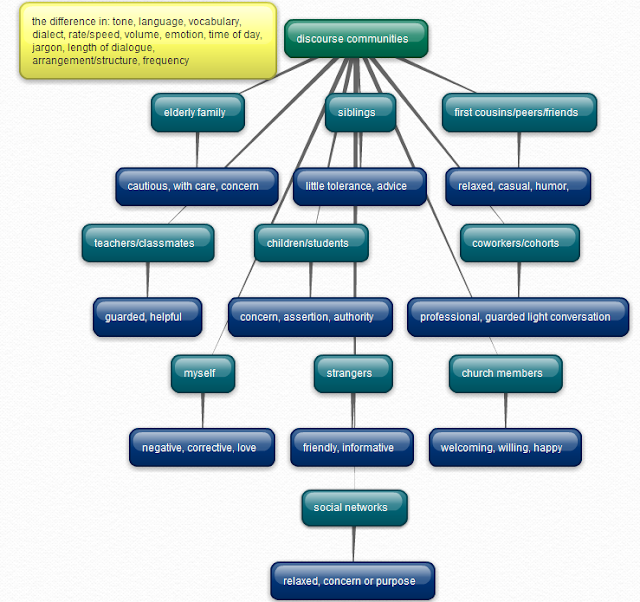Sharing a Philosophy

9/27/2012 This information was acquired during a follow up interview with the professor of the WiL class , after my concluding observation. (Please note: These are not direct quotes.) What is your purpose for teaching? Instructors must guide and enlighten students with clear communication, while remaining flexible. Establishing a sense of community and connectedness is essential to a positive and beneficial learning environment for all learners. As we exist in this world together, students need more opportunities to collaborate. At times it is difficult to reach all students. For instance, the only two males in the class do not add their perspective or thoughts into the class discussions; yet their papers incorporate some interesting thoughts that would be beneficial for the class to hear. Small group discussions have not worked; in fact the approach created a more uncomfortable atmosphere. In an effort to establish a comfortable sharing environment, for everyone, adjustment ...







